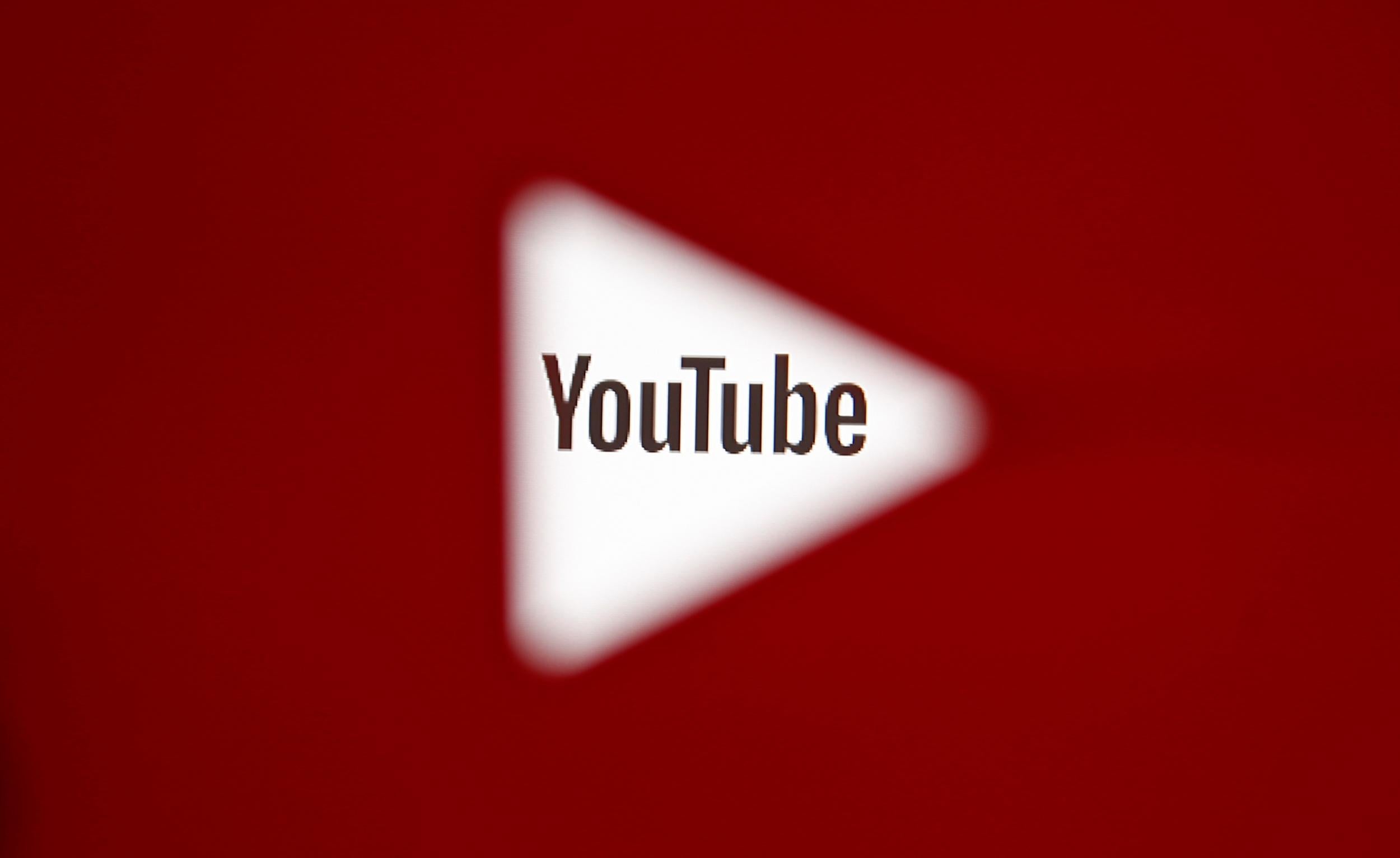YouTube videos are designed to trick people into wanting plastic surgery, study finds
Most plastic surgery videos are misleading marketing campaigns

Your support helps us to tell the story
From reproductive rights to climate change to Big Tech, The Independent is on the ground when the story is developing. Whether it's investigating the financials of Elon Musk's pro-Trump PAC or producing our latest documentary, 'The A Word', which shines a light on the American women fighting for reproductive rights, we know how important it is to parse out the facts from the messaging.
At such a critical moment in US history, we need reporters on the ground. Your donation allows us to keep sending journalists to speak to both sides of the story.
The Independent is trusted by Americans across the entire political spectrum. And unlike many other quality news outlets, we choose not to lock Americans out of our reporting and analysis with paywalls. We believe quality journalism should be available to everyone, paid for by those who can afford it.
Your support makes all the difference.YouTube has become a source of misinformation on medical procedures, a study has found, with marketing campaigns for plastic surgery found to be masquerading as informational videos.
Researchers at Rutgers University evaluated 240 of the most-viewed YouTube videos relating to facial plastic surgery using a set of criteria designed to assess the quality of medical information provided.
The people who posted the videos, which together had more than 160 million views on the Google-owned platform, were also evaluated by the researchers to determine whether they were healthcare professionals, patients, or third-parties.
"Videos on facial plastic surgery may be mainly marketing campaigns and may not fully be intended as educational," said Boris Paskhover, an assistant professor at Rutgers New Jersey Medical School and the lead author of the study.
"Even videos posted by legitimate board-certified surgeons may be marketing tools made to look like educational videos."
Results of the study revealed that the majority of the videos did not include qualified professionals, with 40 per cent of the videos not containing a single professional qualified in the procedures portrayed.
Only 30 per cent of the videos featured board-certified physicians and provided some valuable patient information.

YouTube has nearly 2 billion monthly users and is the second most popular search platform behind Google. A spokesperson for the company was not immediately available for comment.
"Patients and physicians who use YouTube for educational purposes should be aware that these videos can present biased information, be unbalanced when evaluating risks versus benefits and be unclear about the qualifications of the practitioner," said Dr Paskhover.
"YouTube is for marketing. The majority of the people who post videos are trying to sell you something."
Join our commenting forum
Join thought-provoking conversations, follow other Independent readers and see their replies
Comments